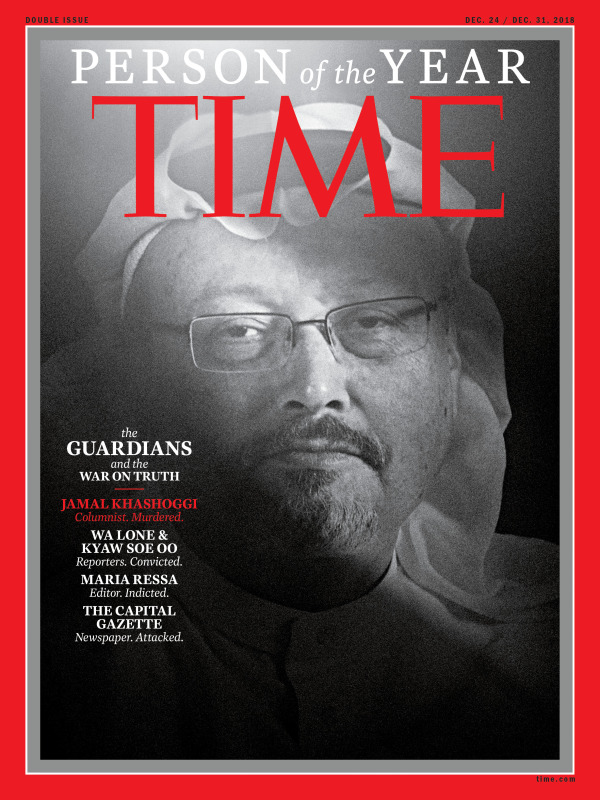The profession of journalism every year suffers the threat of authorities or politicians, economic groups or criminals, who feel affected by the published information.
This year, 49 journalists were deliberately killed. Two specific cases attracted attention, according to the report of Reporters Without Borders 2018 (RSF): that of Jan Kuciak, a Slovak reporter killed on February 21, and of Saudi Jamal Khashoggi, who was killed in the consulate of Saudi Arabia, in Istanbul, October 2nd. Examples that the report cites as the determination of those who want to silence at any price the journalists who bother.
The document shows that the most lethal countries are: Afghanistan (15), Syria (11), Mexico (9), Yemen (8) and India and the United States, with 6 each.
For the first time since 2003, RSF did not register any professional feature murdered in Iraq. After three years of fighting, Iraqi forces regained control of the country and defeated the Islamic State group after a long battle.
The irony is that almost half of the journalists who lost their lives violently this year died in peaceful countries. Mexico, however, has become a deadly country.
The most vulnerable are journalists who work on corruption issues of politicians or organized crime. An aggravating circumstance, in this case, is that the crimes remain unpunished because corruption reaches record levels and fuels this vicious circle of violence.
The United States appears in the list for the attack that took place in June against The Capital Gazette, a fact that occurred when a man who for six years harassed the editorial on Twitter fired at the workers of the newspaper located in Annapolis, Maryland.
In Colombia, two Ecuadorian journalists from the newspaper El Comercio and the driver of the car in which they were travelling were kidnapped in March by a dissident group of the Revolutionary Armed Forces of Colombia when they made a report in Mataje, Esmeraldas province. Soon after they were murdered.
In total, the RSF organization counted 80 murdered journalists (77 men and 3 women), 13 citizen journalists and 4 media collaborators.
In this year there were 348 arrests of journalists. The figure is higher than in 2017 when 326 were counted. Countries like China, Egypt, Iran and Saudi Arabia, after closing the traditional press, have perfected their repressive systems through 'CyberLink to better pursue the authors of the information disseminated online.
In this regard, China leads the list, with 60 journalists imprisoned, followed by Egypt, with 38; Turkey, 33; Iran and Saudi Arabia, 28 each.
In China, the world's biggest prison, as the report describes it, '10 journalists are in danger of death, including: Ilham Tohti, who was nominated for the Sárjarov Prize in 2016, sentenced to life imprisonment, and Huang Qi, who received the RSF Prize for press freedom 2004, which was detained more than two years ago without a process being carried out, "RSF cites.
This year, some journalists remained in detention despite the fact that justice had ordered their release. In all cases around the world, the authorities used fallacious pretexts to prolong the detention, even if they had to question the justice of their own country.
Chronicles of Monte Friesner - Financial Crime Analyst 
Contributed & Credit by Adelita Coriat










